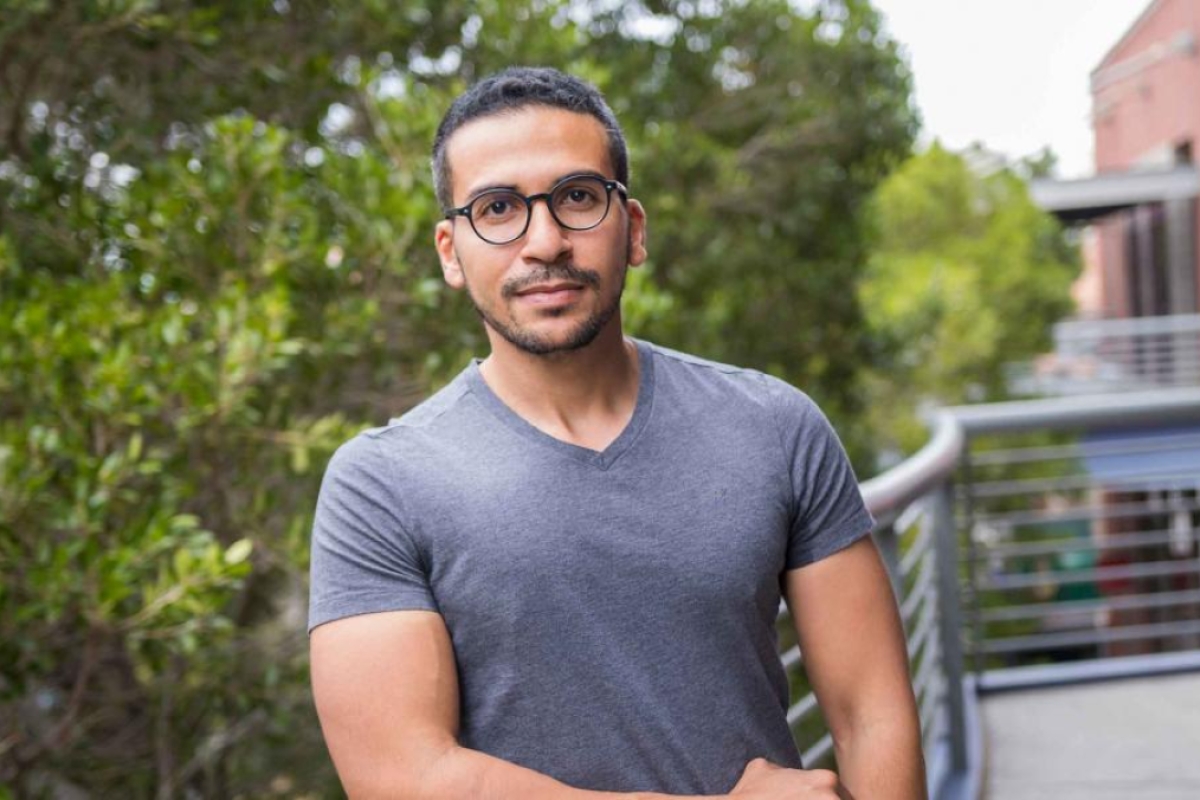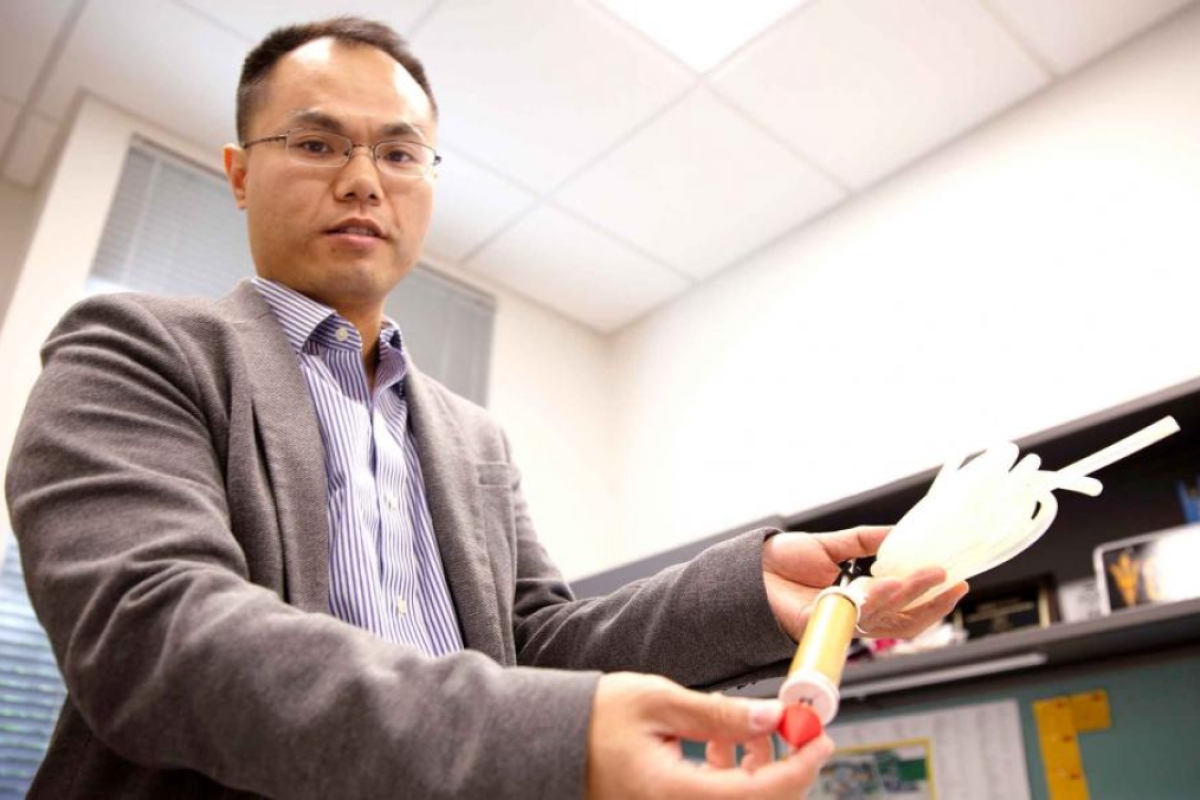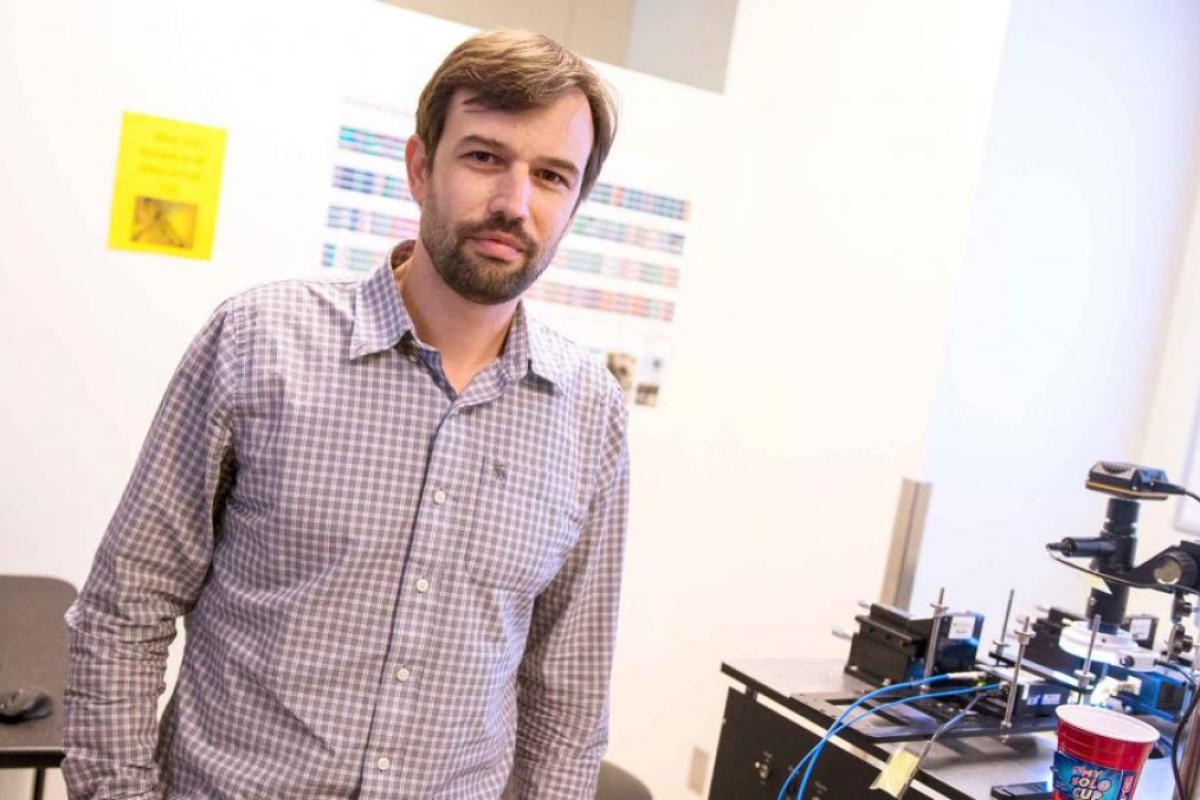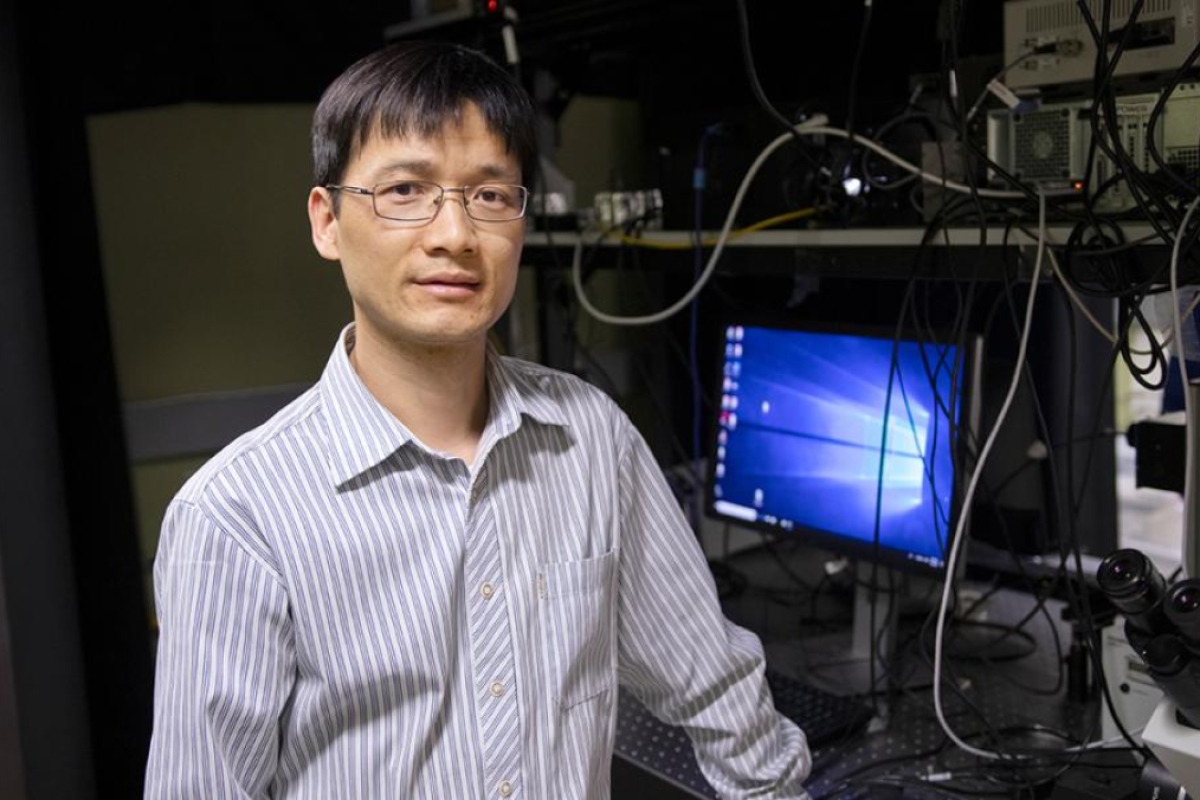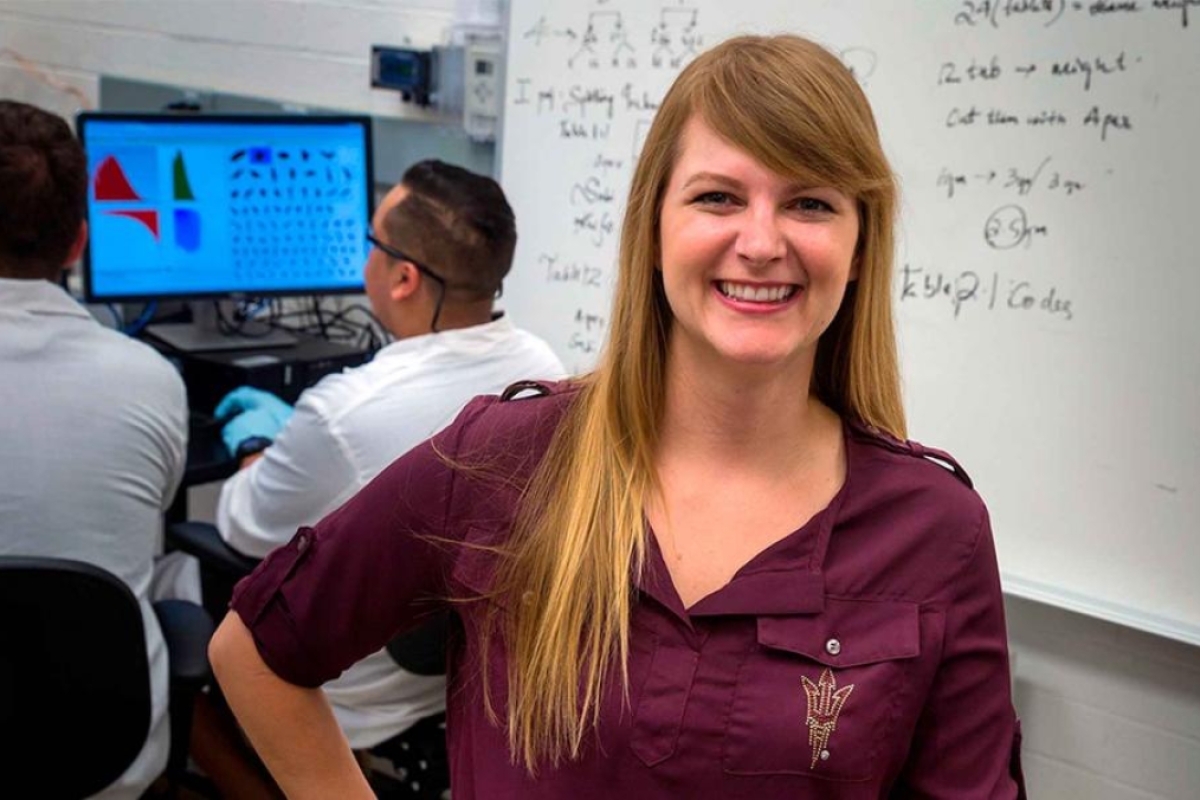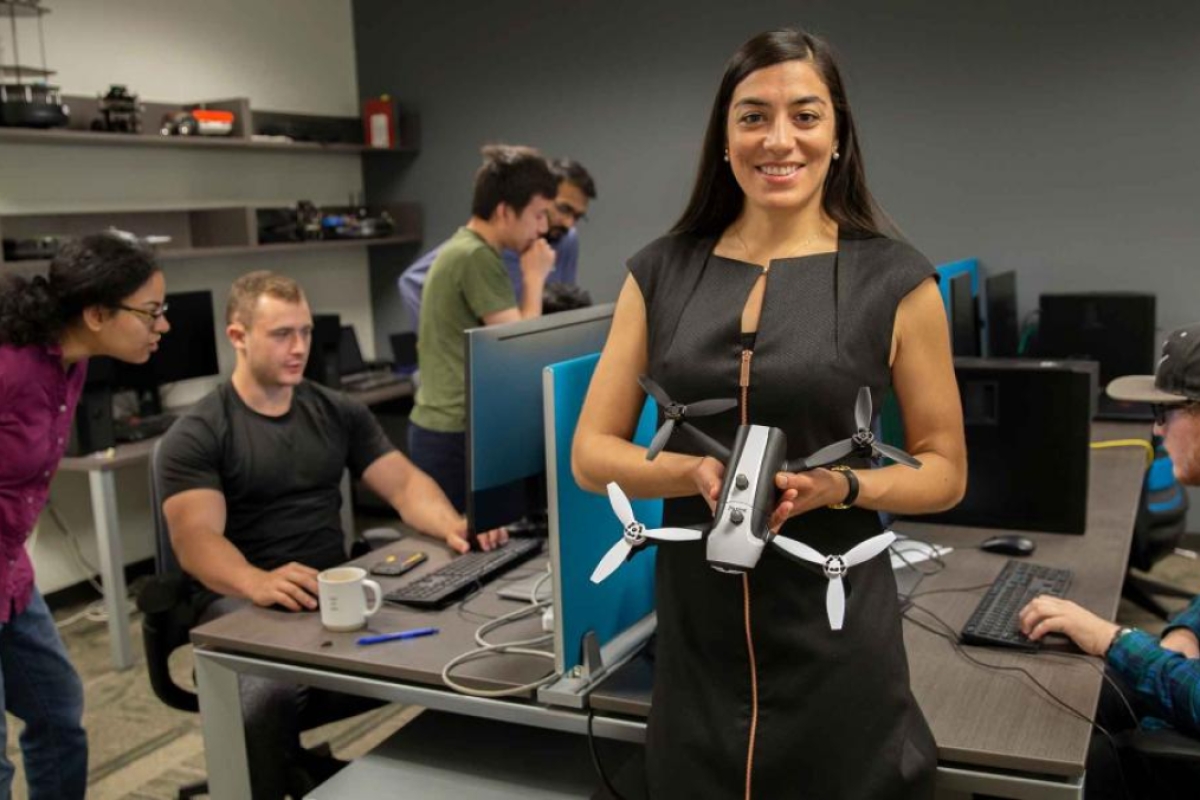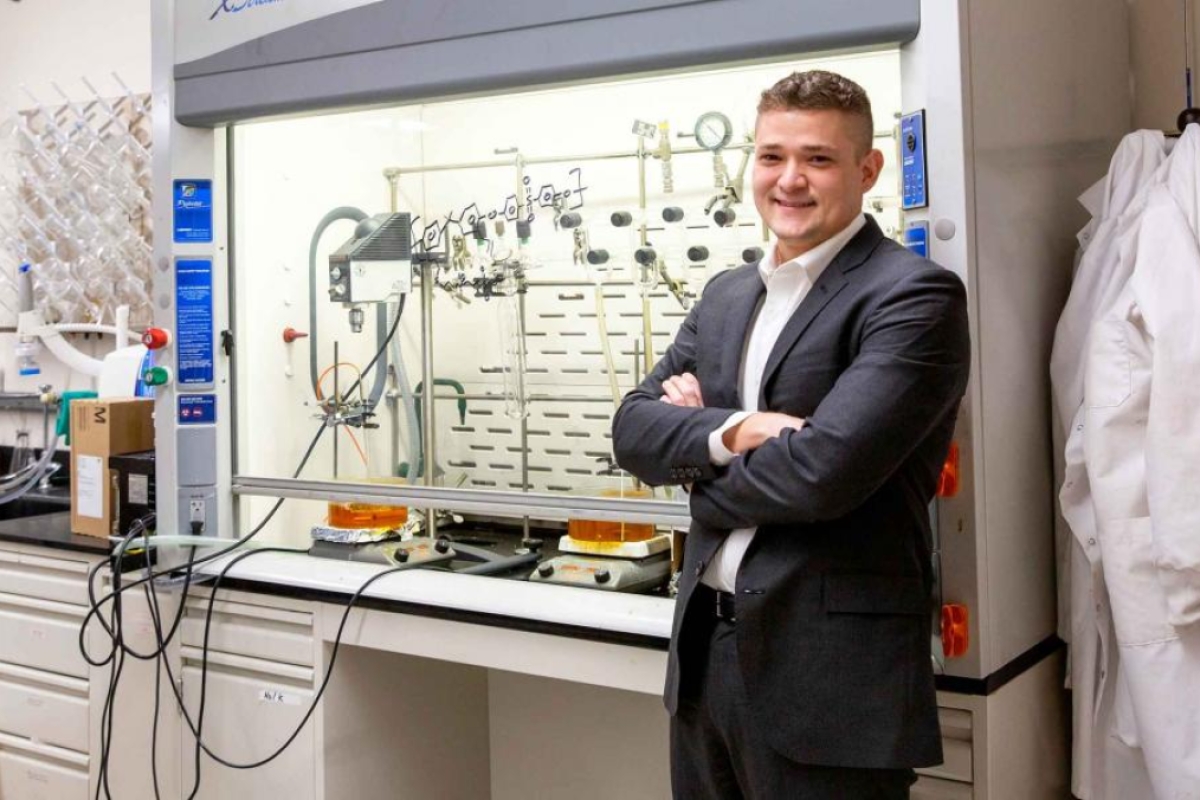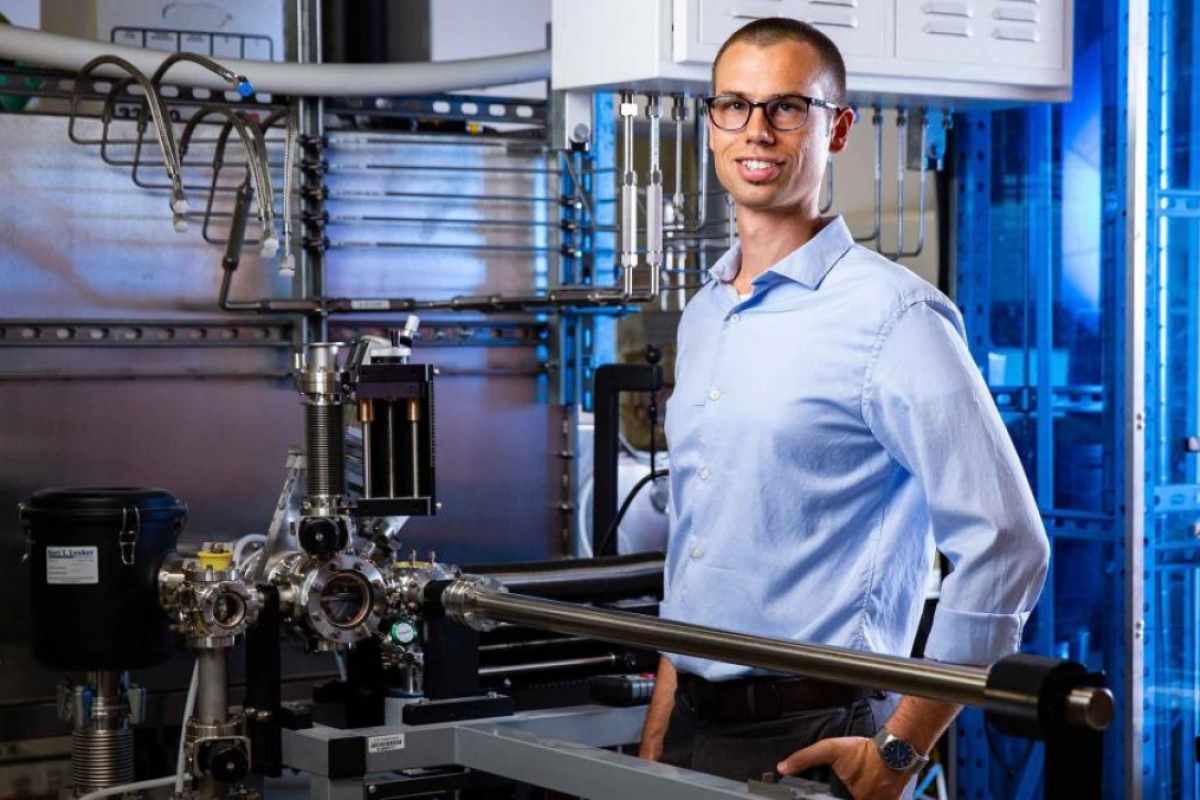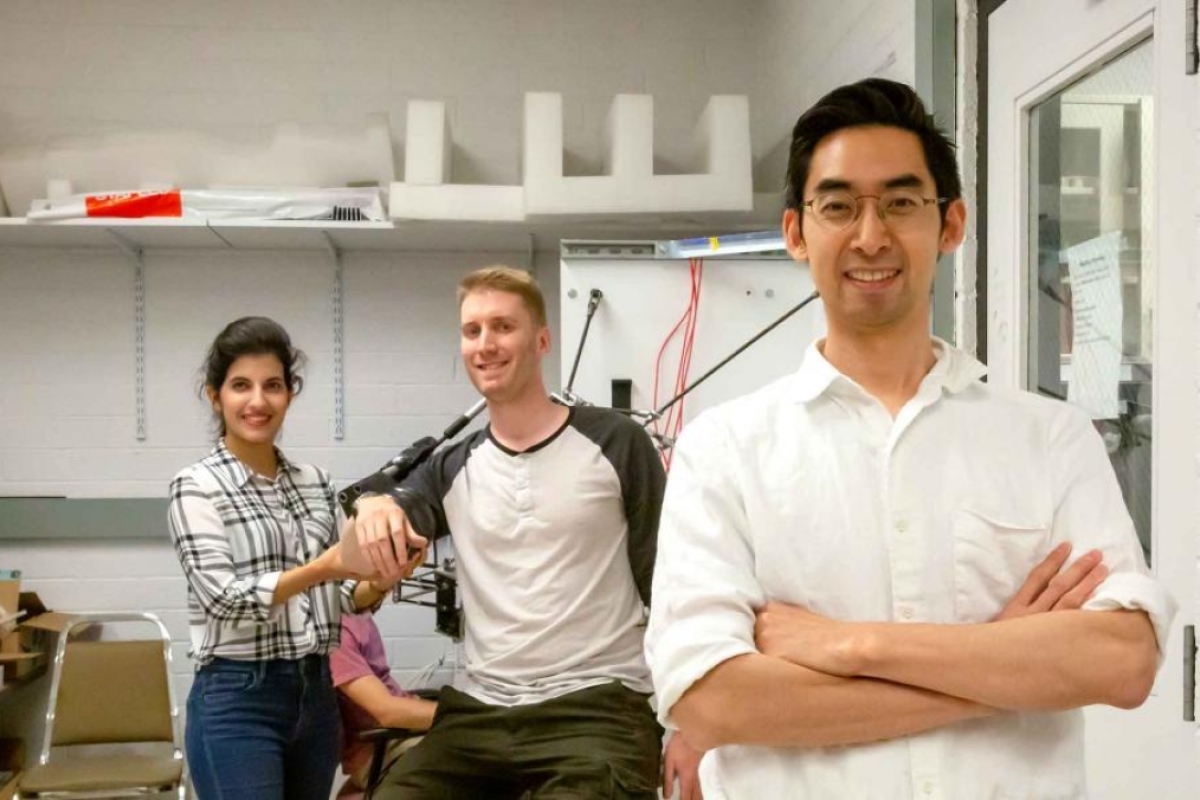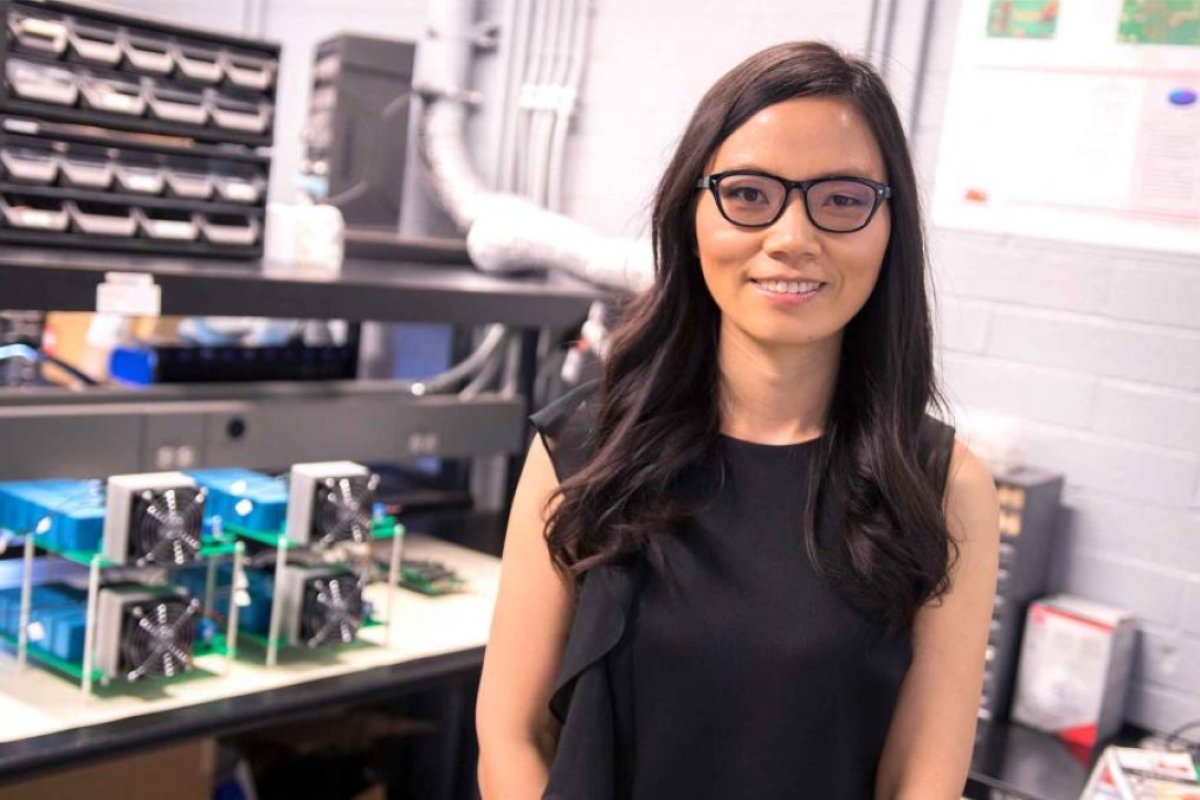10 ASU engineering faculty receive National Science Foundation CAREER Awards
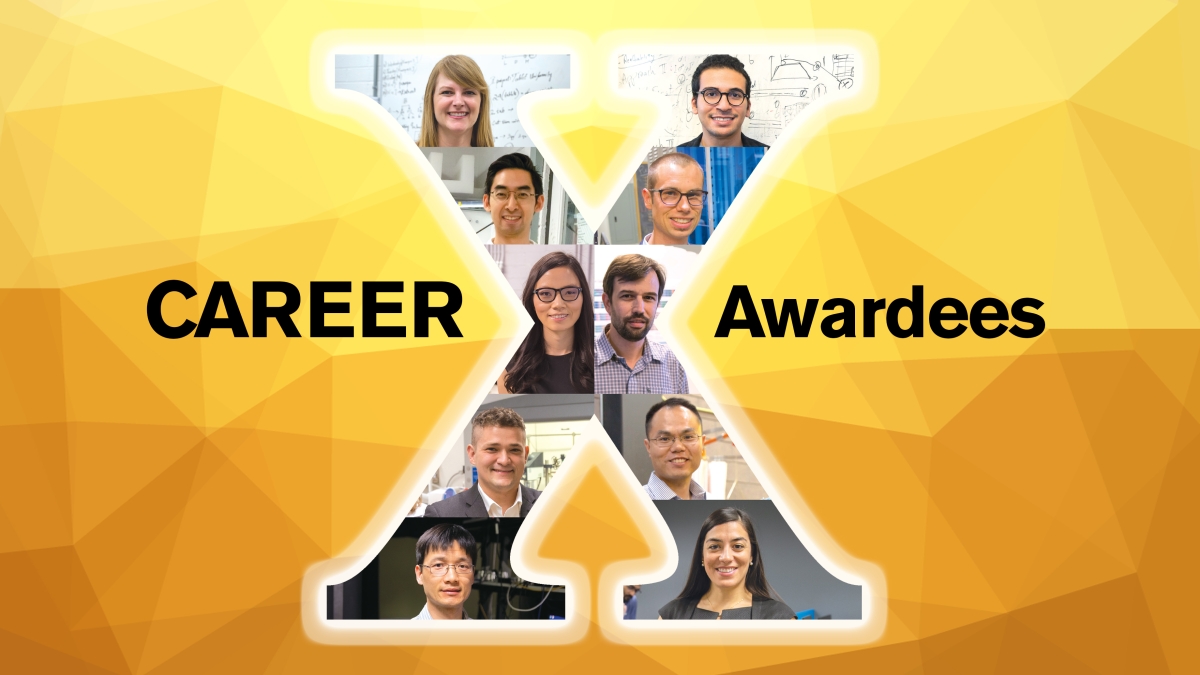
Ten faculty members in the Ira A. Fulton Schools of Engineering have received National Science Foundation Faculty Early Career Development Program (CAREER) Awards between September 2018 and April 2019.
Ten faculty members in the Ira A. Fulton Schools of Engineering at Arizona State University received National Science Foundation Faculty Early Career Development Program (CAREER) Awards between September 2018 and April 2019. The awards total an estimated $5 million to fund their projects over the next five years.
The Fulton Schools of Engineering’s culture of innovation and discovery, strong research community and excellent infrastructure appeal to young faculty members who are set to become leaders in their respective fields. In the past four years, 29 Fulton Schools researchers have earned NSF’s most prestigious award for early career faculty.
“I’m proud we’re continuing to attract faculty whose powerful ideas lead to discoveries of foundational value to their fields with potentially transformational breakthrough applications,” said Kyle Squires, dean of the Fulton Schools. “These awards enable our junior faculty to impact an array of critical problem sets in engineering and science, and improve our nation’s future.”
The selected projects cross several specialties represented within the Fulton Schools of Engineering. Their transformational influence ranges from assembling polymers at the nanoscale to spanning the globe across interconnected networks. The projects are supported by grants from the NSF’s Engineering Directorate (seven CAREER Awards), the Computer and Information Science and Engineering Directorate (two), and the Directorate for Mathematical and Physical Sciences (one).
ASU ties with the University of Illinois at Urbana-Champaign in leading the nation in the number of CAREER awards funded by the NSF Engineering Directorate from September 2018 to April 2019.
Earning the NSF CAREER Award is a hallmark achievement for young faculty members who have each developed a comprehensive plan to conduct impactful research and deliver a rich educational experience for students.
• Heather Emady, an assistant professor in the School for the Engineering of Matter, Transport and Energy, will explore how granular particles behave across engineering and manufacturing processes and how they can be employed to make different kinds of products or make manufacturing processes more effective.
• Stephanie Gil, an assistant professor in the School of Computing, Informatics, and Decision Systems Engineering, will develop an algorithmic and mathematical framework to achieve better coordination and localization among fleets of robots for missions in emergency response, search and rescue, space exploration, transportation safety and more.
• Matthew Green, an assistant professor in the School for the Engineering of Matter, Transport and Energy, will develop a modular synthetic strategy to control the amount and type of charged groups within polyelectrolyte block polymers, enabling correlations between polymer structural characteristics and nanoscale assembly features and mechanical properties.
• Zachary Holman, assistant professor in the School of Electrical, Computer and Energy Engineering, looks to better understand and augment the behavior of solar cell electrical contacts to increase the efficiency of solar energy conversion in an effort to create solar cells that are 10-15% more efficient than solar cells today.
• Hyunglae Lee, an assistant professor in the School for the Engineering of Matter, Transport and Energy, is developing an innovative framework called Transparent Robotic-Aided Rehabilitation that is being used in exercise therapy to significantly improve the effectiveness of robot-aided rehabilitation for stroke survivors.
• Qin Lei, an assistant professor in the School of Electrical, Computer and Energy Engineering, is working to accelerate the development and deployment of a new class of efficient, lightweight and reliable high-power, high-voltage power converters based on the series and parallel connected low-voltage, wide-bandgap semiconductors.
• Mohamed Sarwat, an assistant professor in the School of Computing, Informatics, and Decision Systems Engineering, is building innovative scalable technologies capable of seamlessly connecting data collected from various internet of things devices.
• Junliang Tao, an associate professor in the School of Sustainable Engineering and the Built Environment, is exploring the unique mobility methods animals and plants use underground to guide designs for burrowing sensor robots to enable improved soil studies for advanced geotechnical engineering endeavors.
• George Trichopoulos, an assistant professor in the School of Electrical, Computer and Energy Engineering, is pursuing advances in terahertz wave-emitting technology to develop the next generation of terahertz cameras for more effective indirect imaging of objects to aid public safety, emergency response, rescue operations, and police and firefighting services.
• Chao Wang, an assistant professor in the School of Electrical, Computer and Energy Engineering, is developing ExoMiRChip, an integrated fluidic device on a silicon chip to improve the capabilities of liquid biopsy to diagnose cancer and infectious and neurodegenerative diseases.
A list of the Fulton Schools of Engineering faculty members who have received the NSF CAREER Award since 2015 is available on the Fulton Schools of Engineering website.
More Science and technology

Applied Materials invests in ASU to advance technology for a brighter future
For nearly 60 years, global giant Applied Materials has been hard at work engineering technology that continues to change how…

Meet ASU engineering students who are improving health care, computing and more
Furthering knowledge of water resource management, increasing the efficiency of manufacturing point-of-care health diagnostic…

Turning up the light: Plants, semiconductors and fuel production
What can plants and semiconductors teach us about fuel production?ASU's Gary Moore hopes to find out.With the aim of learning how…


